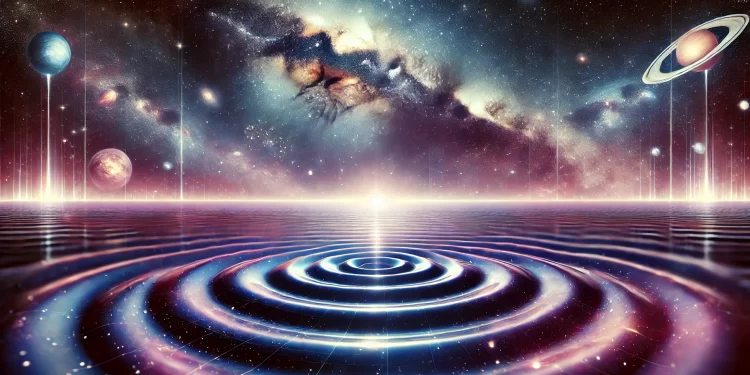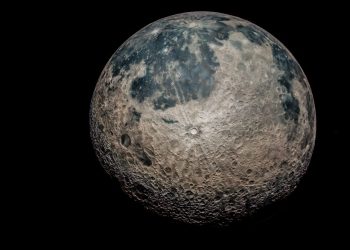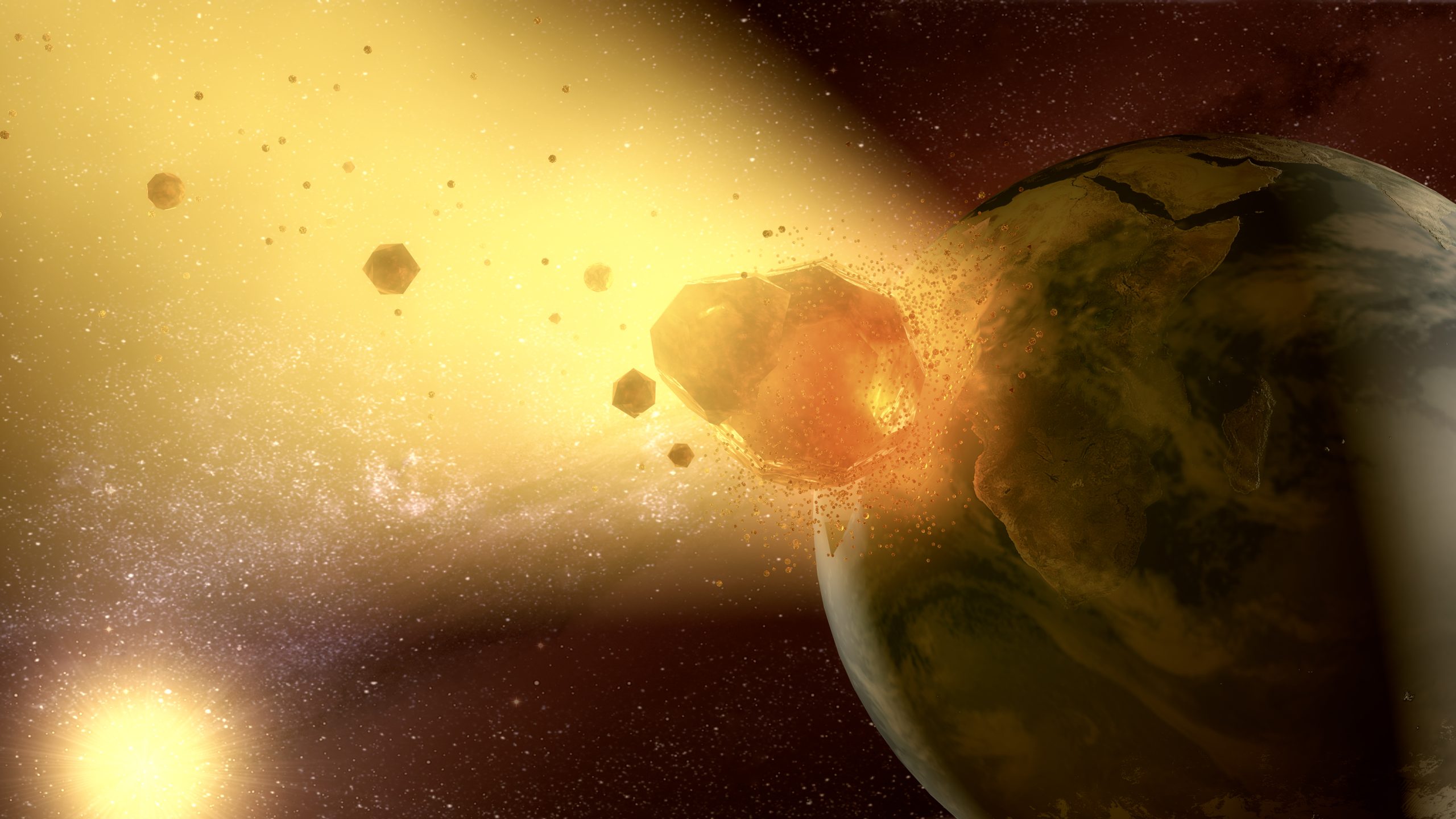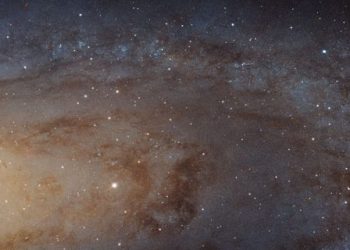In recent years, the field of cosmology has faced a series of significant challenges, prompting debates about whether we are approaching a groundbreaking shift in our understanding of the universe. The long-standing standard model, which has served as a foundational framework for explaining the cosmos, now seems at odds with recent observations. These discrepancies have sparked discussions about the need for a paradigm shift in how we comprehend the structure and evolution of the universe. While some argue that the model requires only minor adjustments, others suggest that cosmology might be on the brink of a major revolution.
For decades, the standard cosmological model, often referred to as the “concordance model,” has provided an incredibly precise description of the universe. It suggests that our universe is composed of 68.3% dark energy, 26.8% dark matter, and just 4.9% ordinary matter. This model has successfully explained phenomena ranging from the large-scale distribution of galaxies to the early formation of light elements. However, a growing number of inconsistencies, known as “tensions,” are casting doubt on its completeness.
The Hubble Tension: A Growing Concern
One of the most notable issues is the so-called “Hubble tension,” which arises from discrepancies in the measurement of the Hubble constant—the rate at which the universe is expanding. When measured locally, using the distance to pulsating stars called Cepheids, the Hubble constant is found to be 73 km/s/Mpc. However, when predicted based on the early universe using the cosmic microwave background, the value comes out to be 67.4 km/s/Mpc. While this 8% difference might seem minor, it is statistically significant and raises questions about the validity of the model.
The advent of the James Webb Space Telescope (JWST), with its ability to provide clearer, more detailed observations of distant stars, was expected to resolve this tension. However, despite the high hopes, the Hubble tension persists. Some astronomers have turned to other stellar types, like Tip of the Red Giant Branch (TRGB) stars, but the inconsistency remains unresolved. Internal discussions within the scientific community continue, and while some experts suggest that systematic biases may explain the discrepancies, others believe the model itself may need revision.
For more information on the Hubble constant and other groundbreaking space discoveries, check out these articles on Curiosmos and Curiosmos.
The S8 Tension and Early Galaxy Observations
In addition to the Hubble tension, cosmologists are grappling with the “S8 tension,” which refers to the smoothness of matter in the universe. The standard model predicts that matter should be more clustered than observed, with discrepancies reaching around 10%. This issue, although less publicized than the Hubble tension, is no less significant. It raises questions about the role of dark matter and whether our assumptions about its properties are accurate.
The JWST has also challenged the standard model in other ways. Observations of early galaxies, which formed less than a billion years after the Big Bang, show that some of them are unexpectedly massive—comparable in size to the Milky Way. This contradicts theoretical predictions, which suggest these galaxies should be much smaller at such an early stage. The implications are still being debated, but some scientists argue that the mass of these galaxies might be overestimated due to the presence of powerful black holes, rather than stars.
For a deeper dive into the mass and formation of early galaxies, explore this article on Curiosmos.
Alternative Theories and the Future of Cosmology
As these tensions continue to fuel debates, cosmologists are exploring alternative theories that could provide explanations beyond the standard model. Some researchers propose that dark energy, the mysterious force driving the accelerated expansion of the universe, may not be constant. Instead, it could vary over time, influencing cosmic evolution in ways we have yet to understand. Others suggest modifications to the theory of gravity, potentially offering new insights into the behavior of the universe on large scales.
While none of these theories have yet provided a comprehensive solution, they represent the exciting frontier of cosmological research. The next few years will be crucial, with upcoming observations from the Dark Energy Spectroscopic Instrument (DESI) and the Vera Rubin Observatory poised to shed more light on these mysteries. The results could either reaffirm the standard model or push us toward entirely new physics.
A Paradigm Shift on the Horizon?
Whether these tensions are resolved through more precise data or lead to a radical shift in our understanding of the universe, one thing is clear: cosmology is at a pivotal moment. If the standard model holds, it will emerge stronger than ever, reaffirming its accuracy in describing the universe’s evolution over 13 billion years. But if the inconsistencies persist, we could be on the verge of a scientific revolution, where new physics will need to be discovered to explain the mysteries of dark matter, dark energy, and the true nature of the cosmos.
As we await the next breakthroughs, the excitement surrounding these challenges continues to grow. The journey to uncover the fundamental truths of the universe is far from over, and the next chapter in cosmology promises to be one of the most thrilling yet.
What do you think will happen next? Could we be on the brink of rewriting the very laws that govern our universe?











